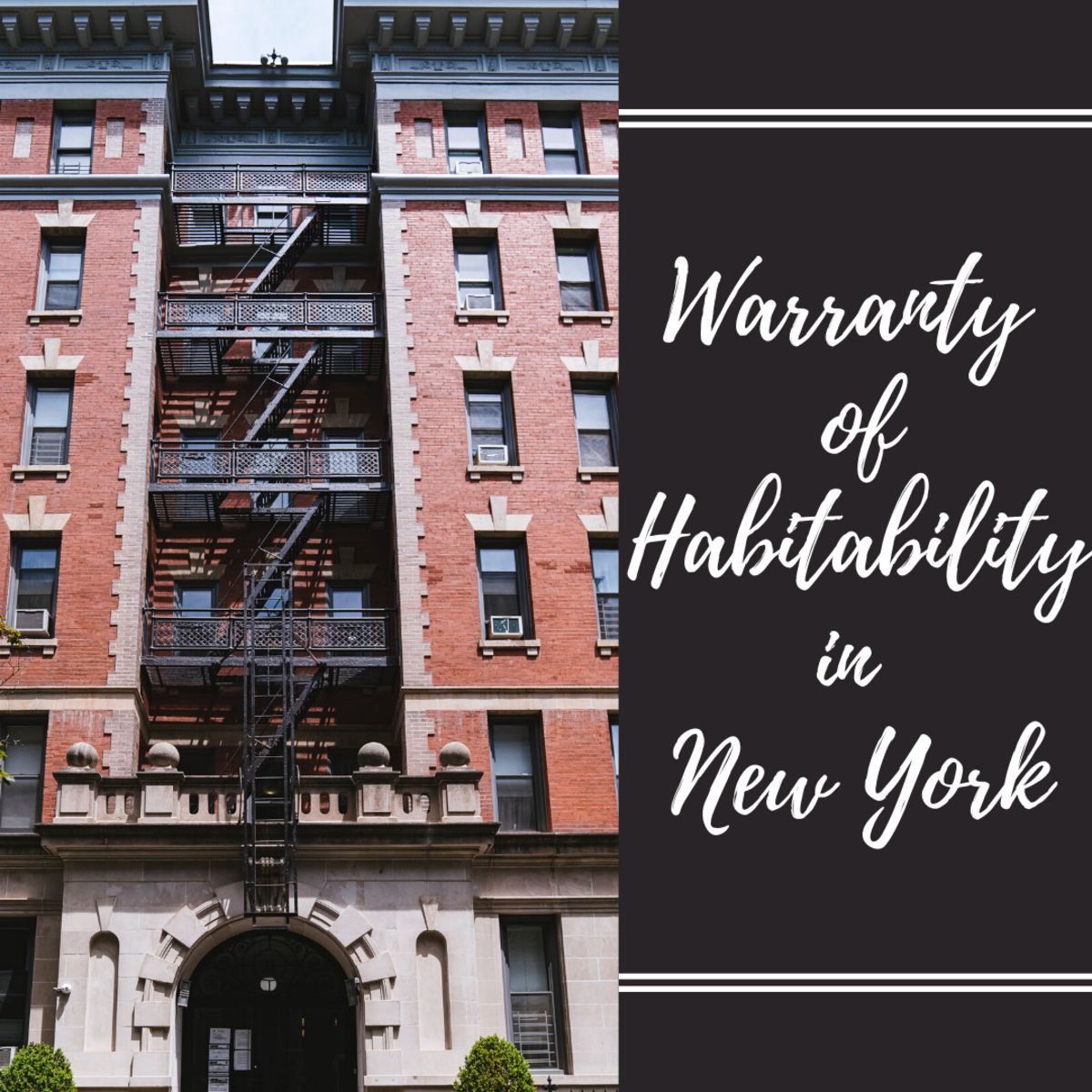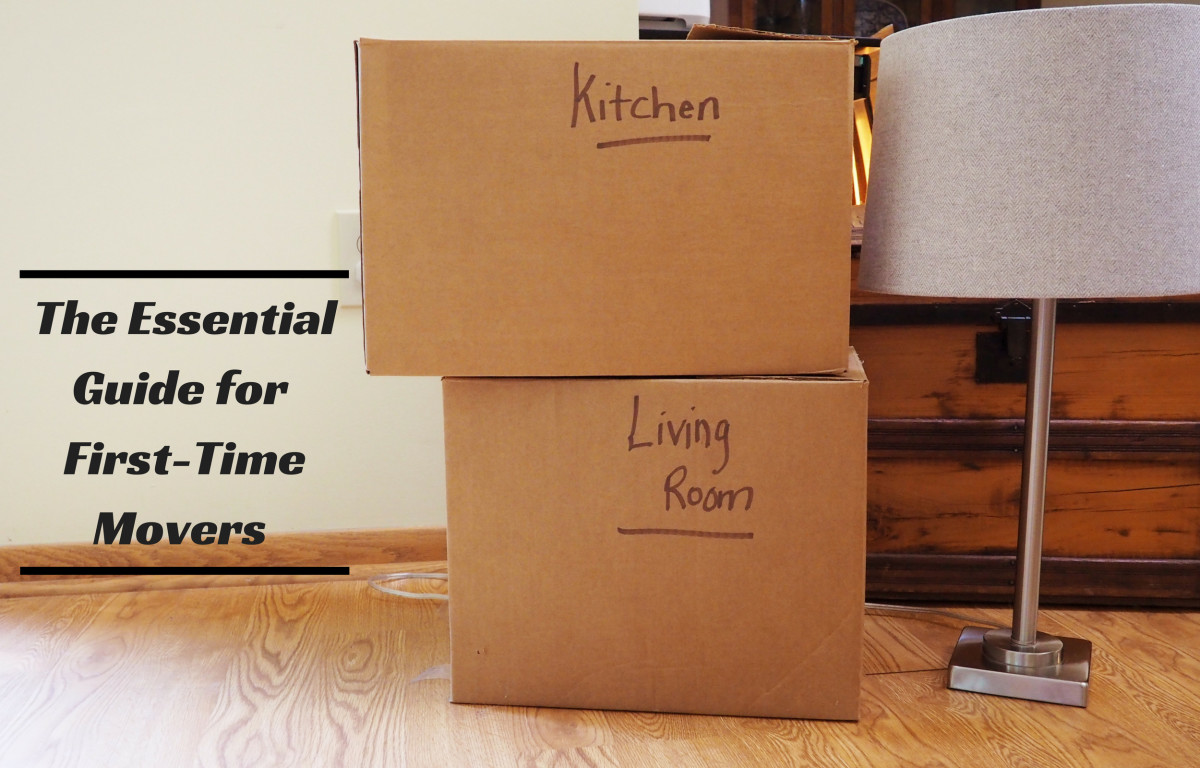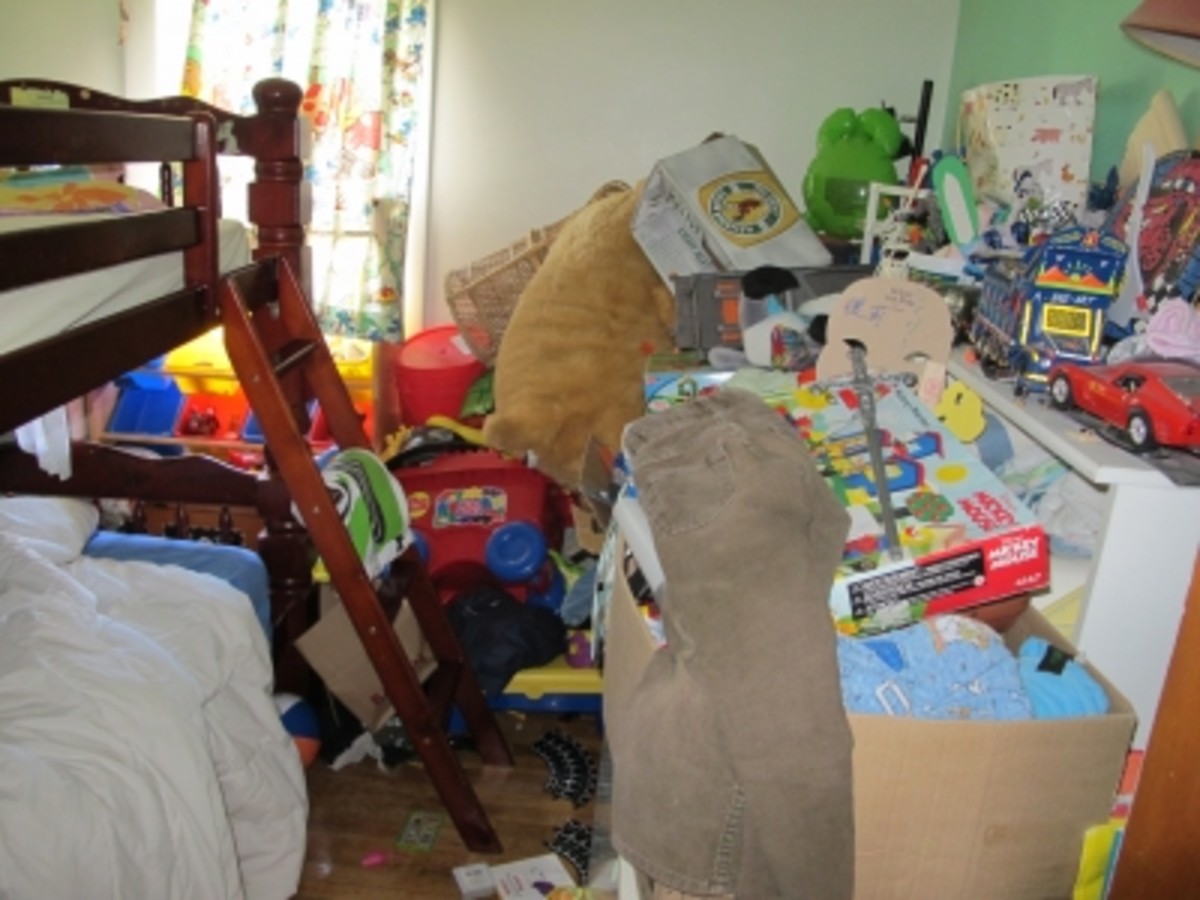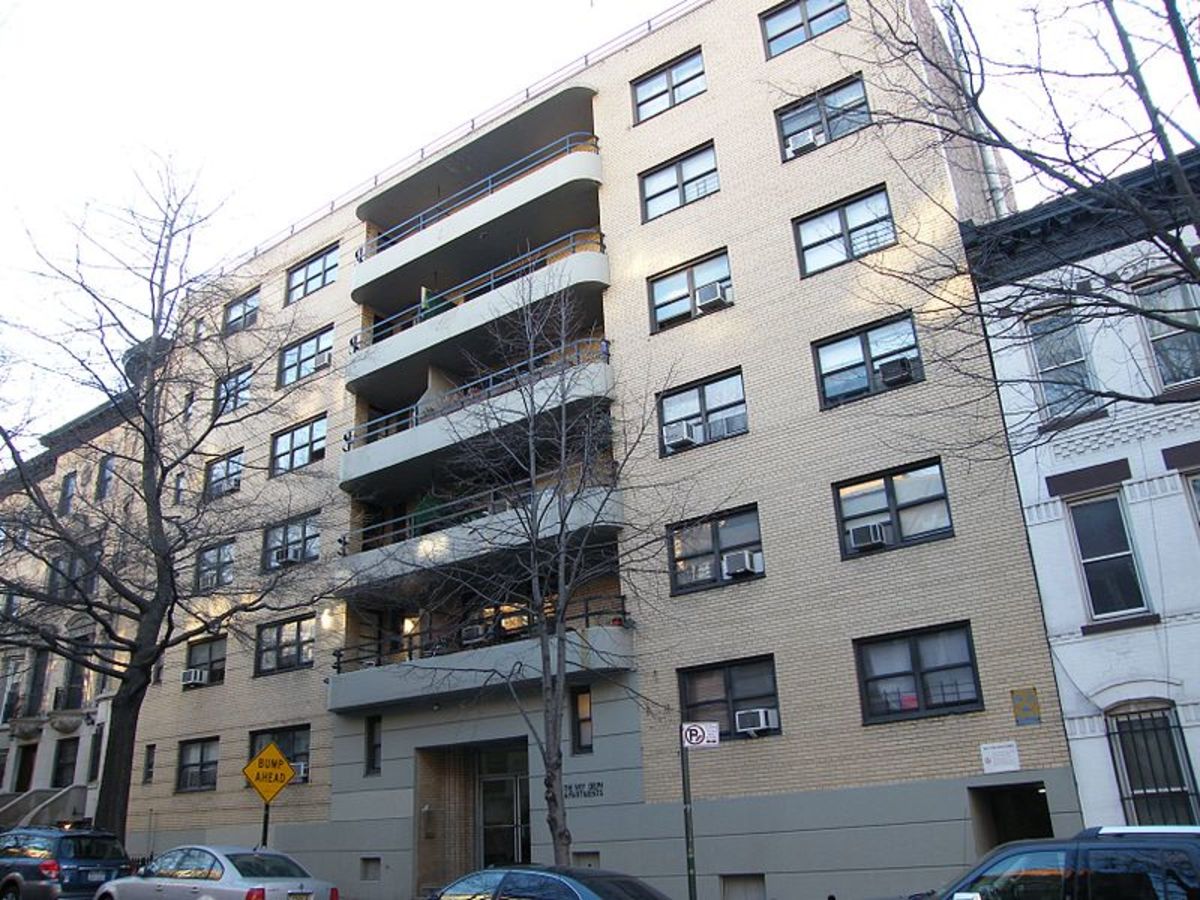Why You Need to Give Your Landlord a 30-Day Notice
Making the Decision to Move Out
At some point in time, you will decide to leave your current apartment. Some of the reasons could include:
- You found a larger apartment for less rent.
- You found an apartment closer to your job.
- You decide to move back in with your elderly parents to care for them.
- You have been transferred to a better job in another state.
- You and your boyfriend decide to move in together in a bigger place
If you have a lease, it would be very bad form to break it before the term is up. The landlord could sue you for the balance of the lease term and the rent for that period. He could report the balance due to the credit bureau. If you are leaving at the end of your lease, or at the end of a thirty-day period, you should notify the landlord.
Once you know where you are going to live, in order to leave in good standing, you need to give your landlord a 30-day notice of termination of your tenancy. Review your lease for specifics on your commitment notice. The notice should be a written letter informing your landlord of your intent to move out of the apartment on a specific date. You should do this whether or not you have a lease.
The letter should be issued either in hand to the landlord or property manager, or by return receipt. Keep a copy for yourself. If you are a Section 8 tenant or have another government subsidy, a copy should also be sent to your subsidy representative. You want everyone to know of your intent to move. The return receipt is to make sure they all received proper notice on a specific date.
In your letter, you should ask the landlord to inspect the apartment with you before you leave. This can be done the day you give back the keys. You should ask for the return of your security deposit within 30 days of your moving out, based on the inspection. Put your forwarding address in the letter.
Most tenants don’t attend the landlord’s move-out inspection. This is a mistake. The inspection is very important because it is the basis of how much, if any, of your security deposit will be returned. You don’t want a one-sided opinion about the condition of the apartment. There may be repair items the landlord believes is a problem. You may have a room that still has items in it. If you are with the landlord during his inspection, you can correct any of his issues right then and there, so the landlord will not put it on his non-refund list.
When you give a 30-day notice, you give the landlord the opportunity to begin leasing the apartment to a new tenant. The landlord may want to show the apartment to a new prospective tenant while you still occupy it. He may ask you for days and times he can enter the apartment. You should be gracious and allow it. Insist that the landlord or property manager are the only ones to show the apartment, not a maintenance person.
If you are leaving your apartment because you are behind in rent or being evicted, and you are trying to avoid your landlord, none of this advice will pertain to you. At the same time, you should still send back the keys. You should also make payment arrangements for any unpaid rent. Today, landlords are able to report unpaid rent to the credit bureaus. Rent arrears will follow you through your credit report to all future landlords.
A good landlord referral is still gold in the apartment rental business. Especially where vacancies are at a premium and at high rents. Give your landlord a 30-day notice and the apartment keys when you move out. You will be remembered as a good tenant in that regard. You may not need it now, but when and if you do, he will offer that information to the next landlord.
If You Want Your Security Deposit Back, Inspect the Apartment with the Landlord

This content is accurate and true to the best of the author’s knowledge and is not meant to substitute for formal and individualized advice from a qualified professional.
© 2013 Carolyn Gibson








